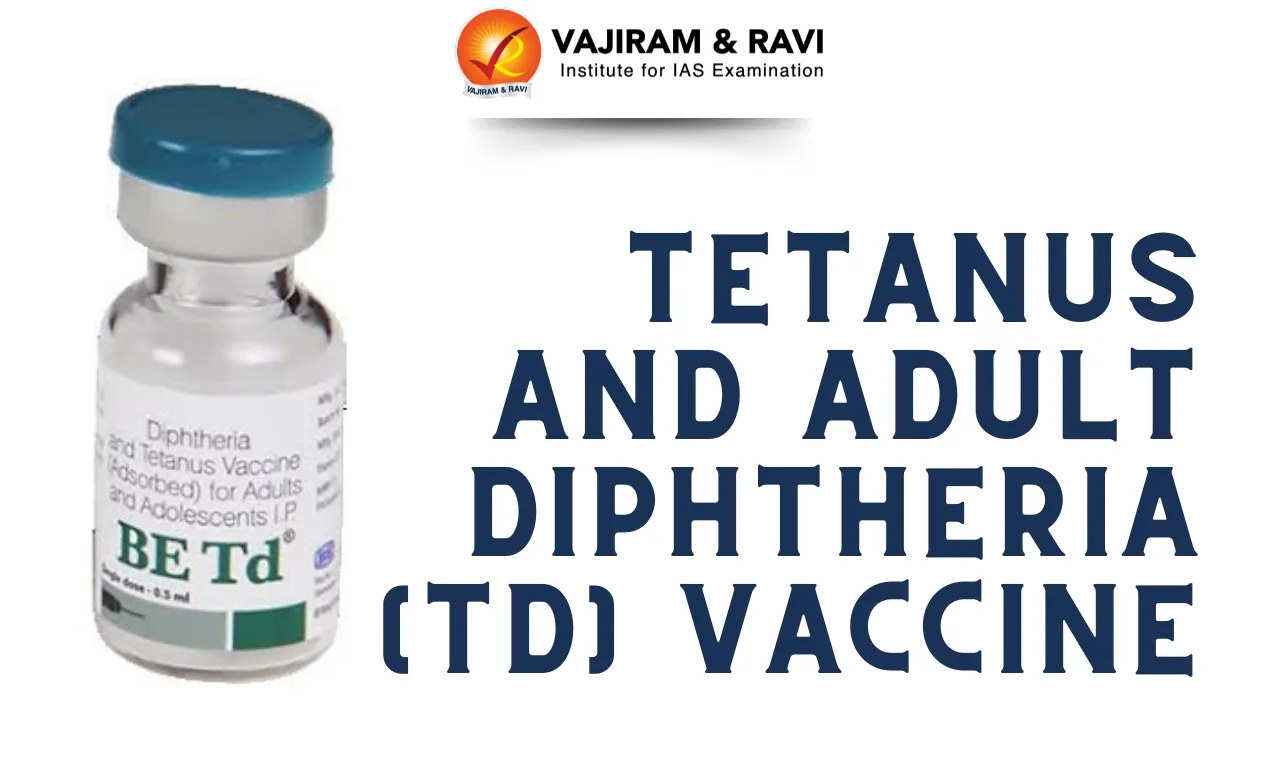About Copernicus Programme:
- It is the Earth observation component of the European Union’s Space programme.
- It offers information services that draw from satellite Earth Observation and in-situ (non-space) data.
- The programme consists of a complex set of systems that collect data from multiple sources, including Earth Observation satellites, in-situ sensors like ground stations, and airborne and sea-borne sensors.
- Users have free and open access to a great deal of this data, which is also processed to provide a set of services based on reliable and near-real time information.
- Copernicus is served by a set of dedicated satellites (Sentinel family) and contributing missions
- The Sentinel satellites are specifically designed to meet the needs of the Copernicus information services and their users.
- Since the launch of Sentinel-1A in 2014, the European Union has initiated a process to place a complete constellation of almost 20 satellites in orbit before 2030.
- The services of Copernicus address six thematic areas namely: atmosphere, marine, land, climate, emergency response, and security.
- Copernicus is funded, coordinated and managed by the European Commission in cooperation with partners such as the European Space Agency and other EU agencies.
Key facts about the Sentinel-1C
- It delivers high-resolution radar images to monitor Earth’s changing environment.
- It supports various applications, advances scientific research, and adds new capabilities for tracking maritime traffic.
Q1: What are Earth observation satellites?
Earth observation satellites are the satellites which observe various phenomena happening on the Earth from space. The equipped sensors are different depending on the purpose such as observation of natural phenomena, disaster monitoring, changes in the Earth caused by human activity and so on.
News: Copernicus Sentinel-1C Satellite Launched Aboard Vega-C Rocket
Last updated on February, 2026
→ UPSC Notification 2026 is now out on the official website at upsconline.nic.in.
→ UPSC IFoS Notification 2026 is now out on the official website at upsconline.nic.in.
→ UPSC Calendar 2026 has been released.
→ UPSC Final Result 2025 is expected to be released in the second week of April 2026.
→ Check out the latest UPSC Syllabus 2026 here.
→ Join Vajiram & Ravi’s Interview Guidance Programme for expert help to crack your final UPSC stage.
→ UPSC Mains Result 2025 is now out.
→ UPSC Prelims 2026 will be conducted on 24th May, 2026 & UPSC Mains 2026 will be conducted on 21st August 2026.
→ The UPSC Selection Process is of 3 stages-Prelims, Mains and Interview.
→ Prepare effectively with Vajiram & Ravi’s UPSC Prelims Test Series 2026 featuring full-length mock tests, detailed solutions, and performance analysis.
→ Enroll in Vajiram & Ravi’s UPSC Mains Test Series 2026 for structured answer writing practice, expert evaluation, and exam-oriented feedback.
→ Join Vajiram & Ravi’s Best UPSC Mentorship Program for personalized guidance, strategy planning, and one-to-one support from experienced mentors.
→ Check UPSC Marksheet 2024 Here.
→ UPSC Toppers List 2024 is released now. Shakti Dubey is UPSC AIR 1 2024 Topper.
→ Also check Best UPSC Coaching in India



















